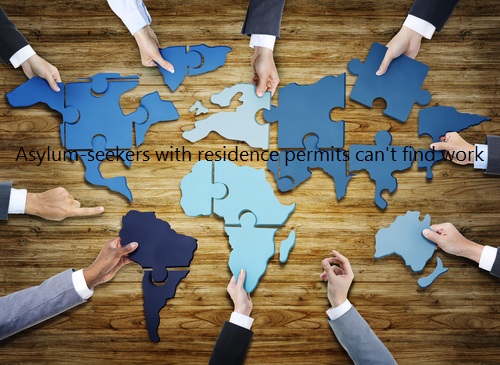
That is one of the main conclusions appeared in a recent publication of the Sociaal Cultureel Planbureau (Social and Cultural Planning Office, SCP) and the Wetenschappelijke Raad voor het Regeringsbeleid (Scientific Council for Government Policy, WRR).
Only a quarter of the immigrants with a residence permit in paid employment for more than eight hours per week after spending two years in The Netherlands. This reduces to about half, after five years.
Many permit holders have an unfavourable labour market position and they run behind other groups in society very slowly, say SCP and WRR.
Residence Permits
The results are partly based on a study of the position of 33 thousand asylum seekers registered in The Netherlands who received a residence permit between 1995 and 1999 and resided within the country at least until 2011. Research was also conducted in eleven municipalities to gain insight into the current practice of the integration of status holders.
What emerged is that migrants with a residence permit hold a recorded crime rate higher than in the rest of the population, among young single men. This statistic is also true of natives within the demographic. Compared to native workers with the same characteristics (such as age, sex and single) there is a notable criminality among permit holders, but at a lower level.
It is necessary to prevent a large number of status holders in prolonged dependence on foreign assistance, as happens all too often, according to the CPB.
